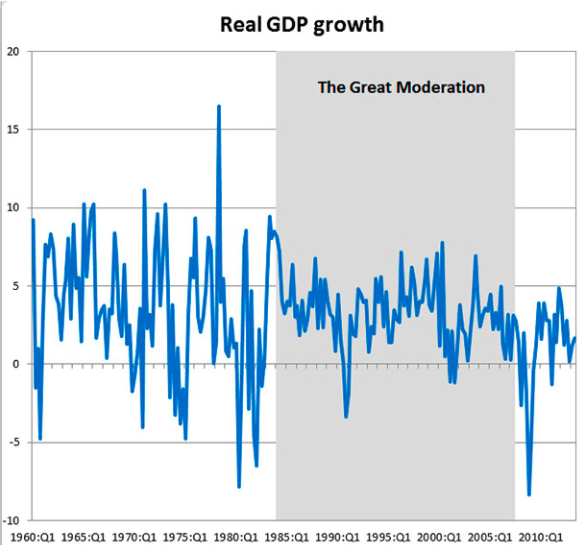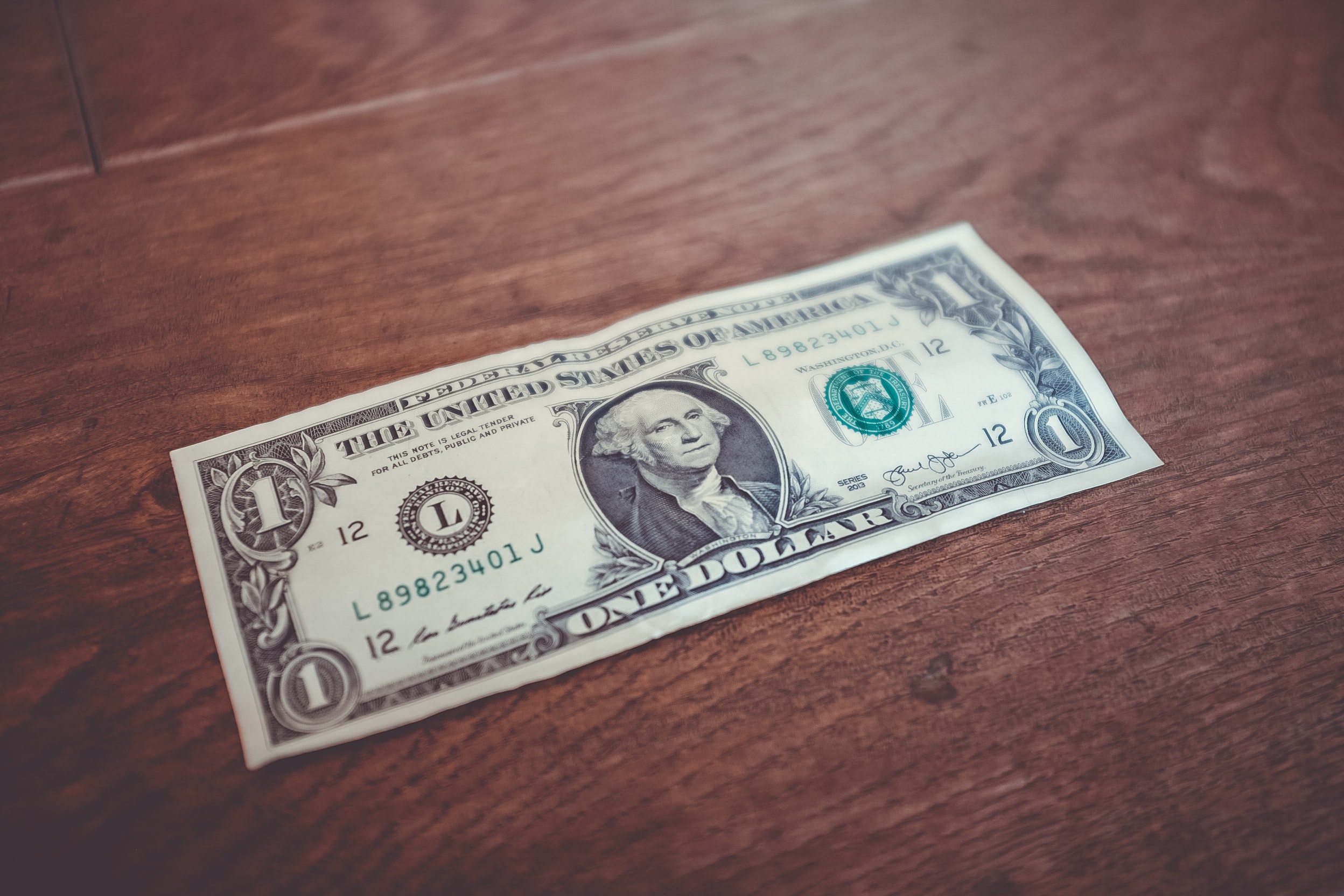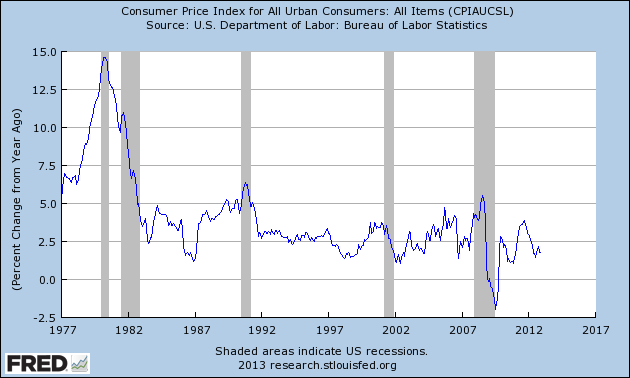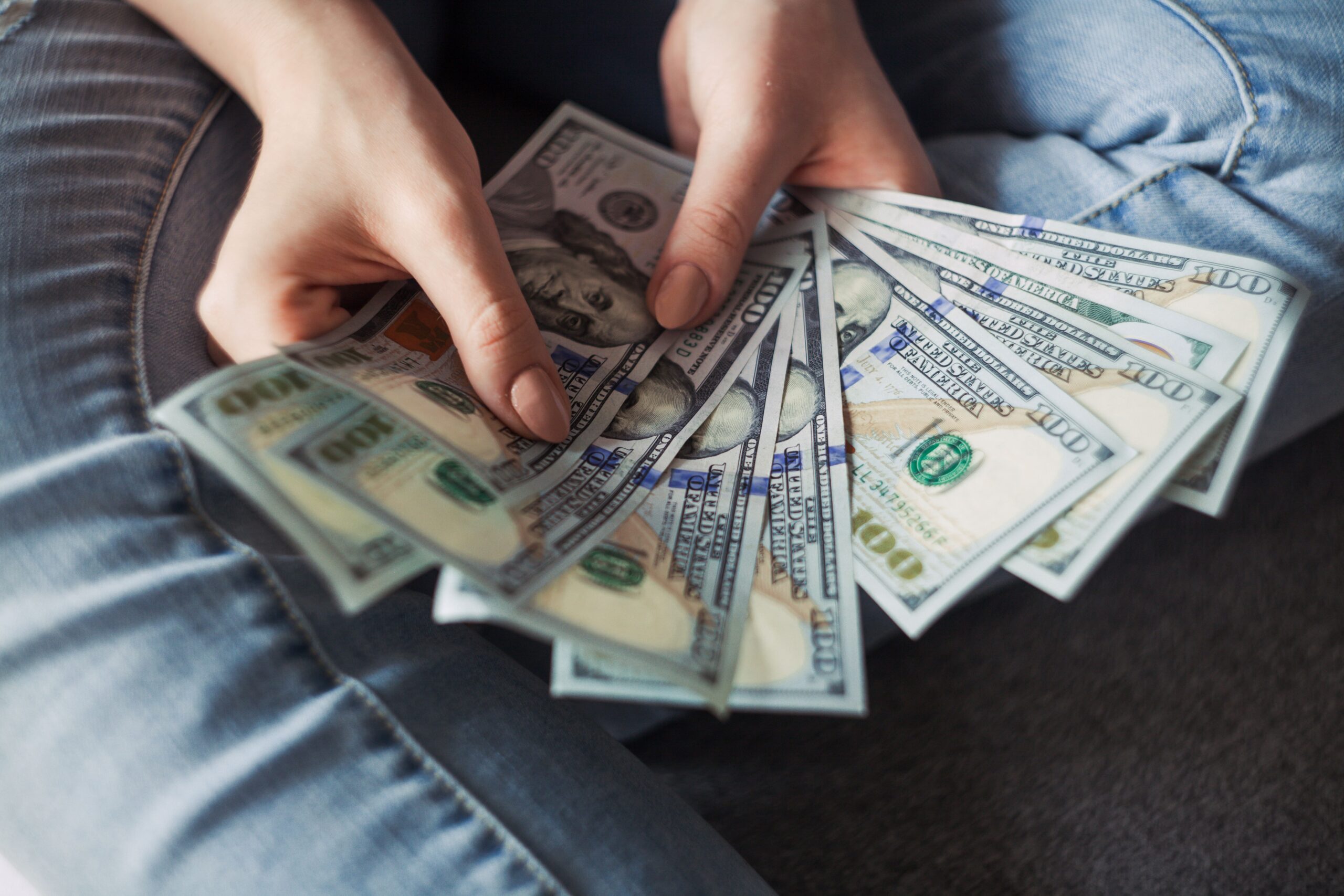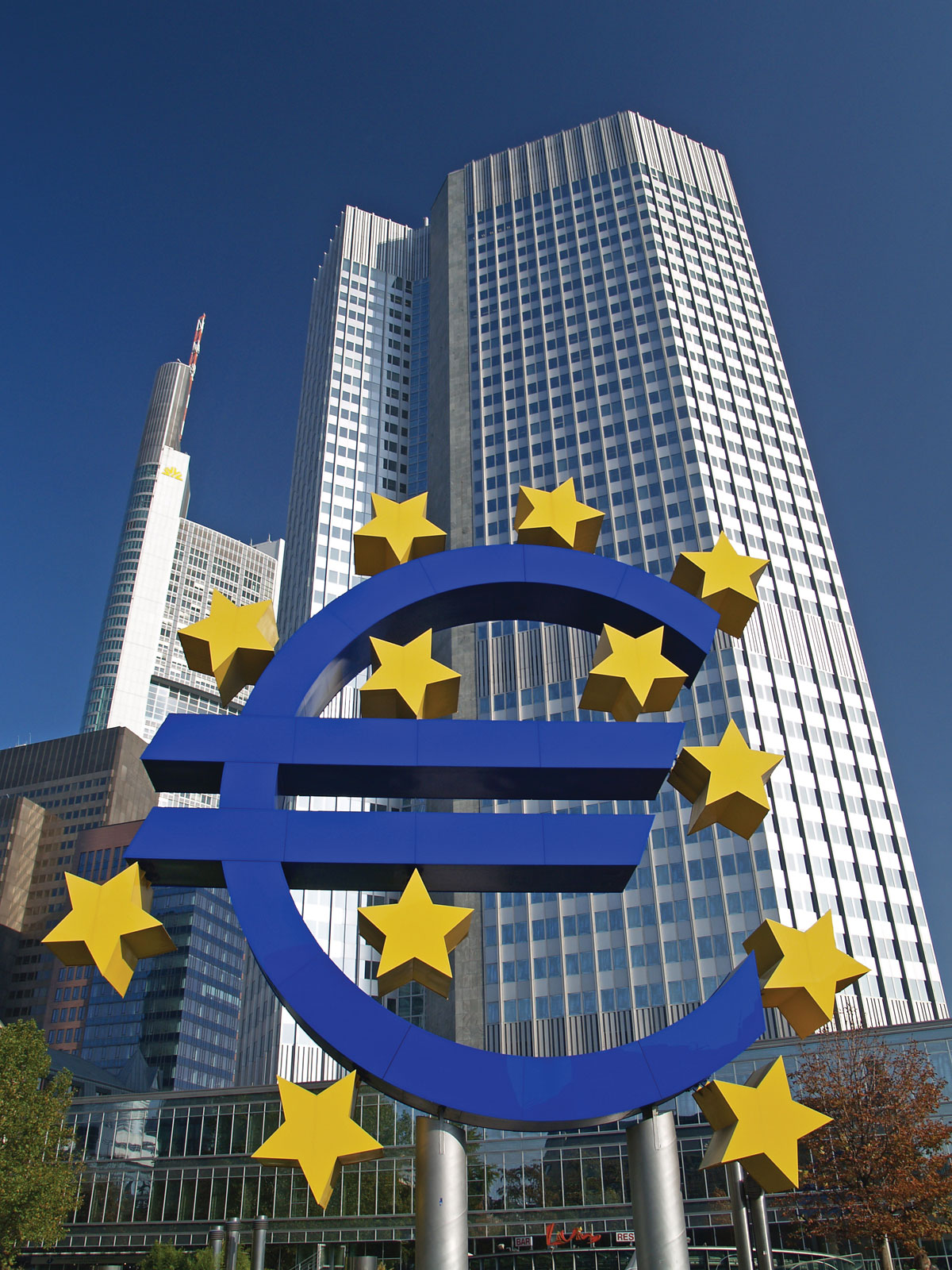
Hong Kong-Singapore Travel Bubble’s Deeper Implications for the Future of the Global Economy
By: Anton Kozyrev In 2003, the SARS epidemic hit Hong Kong – and it hit hard. Hong Kong would go on to suffer 299 deaths related to the airborne illness – one-fifth of the global death total. This harrowing chapter served as the impetus for a major shift in Hong Kong officials and legislators’ mentality and approach to infectious diseases. The people of Hong Kong became more diligent when it came to illness, with a variety of measures ranging from habitually wearing surgical masks for a cold or flu to comprehensive education on how illnesses are transmitted. These efforts proved…


